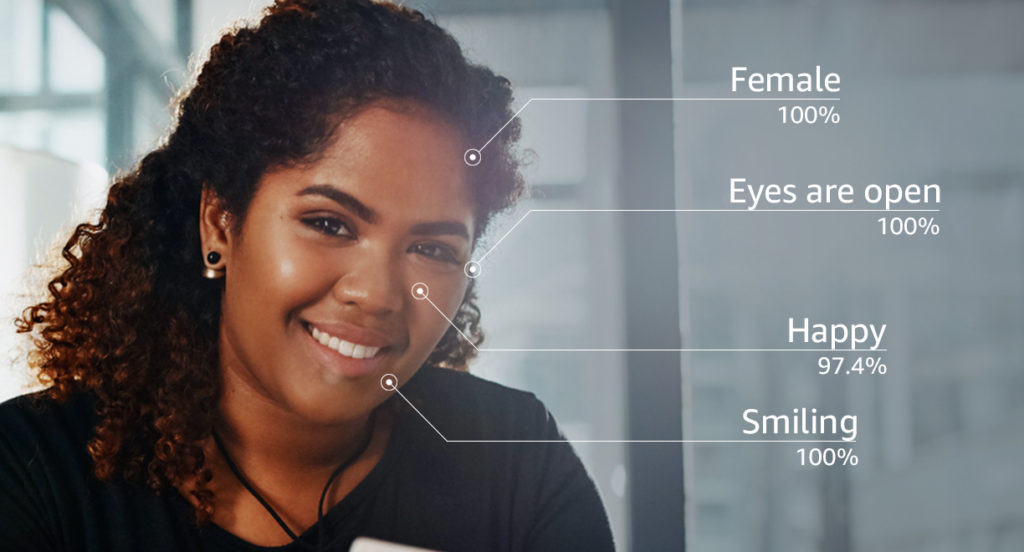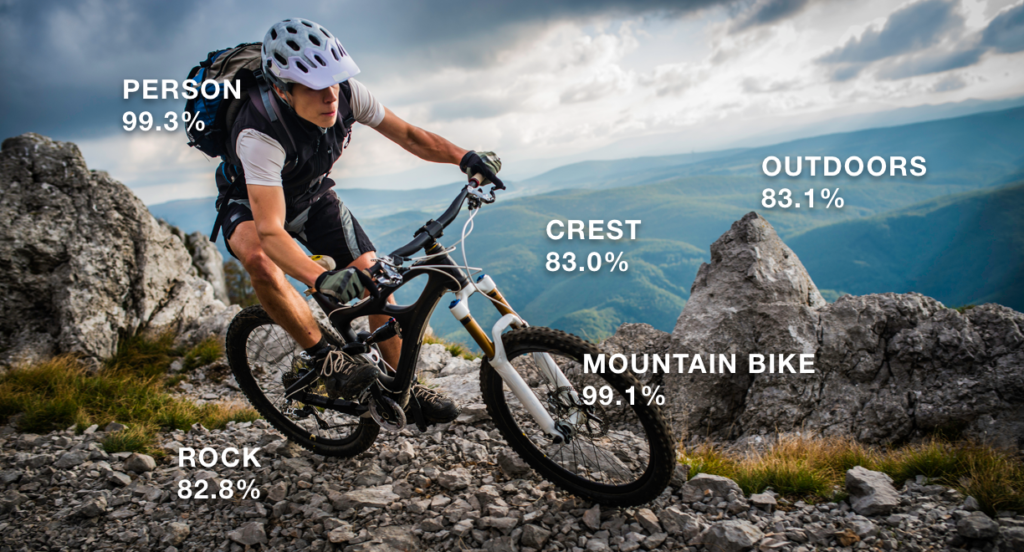Amazon, on Wednesday, has announced it will suspend the use of Rekognition, a fast and accurate facial recognition technology amid a growing backlash over the tech company’s ties, for a year in the USA. The moratorium came after the death of George Floyd and when workers criticized the company for supporting the police brutality by not shutting down the commercial use of facial recognition platform.
“We’ve advocated that governments should put in place stronger regulations to govern the ethical use of facial recognition technology, and in recent days, Congress appears ready to take on this challenge. We hope this one-year moratorium might give Congress enough time to implement appropriate rules, and we stand ready to help if requested,” the company said in an official post.
The moratorium applies to police use, but the statement did not explain whether Amazon would apply the same to the federal government or not, as it is the biggest source of criticism against its facial recognition technology for some time. However, it will allow counter human trafficking organizations to still use the platform to rescue victims and find missing children like the International Center for Missing and Exploited Children. The company also did not highlight its next plans after the moratorium expires after a year.

Rekognition uses Artificial Intelligence and Computer Vision to compare a picture and match it with images held on police databases that can hold hundreds of thousands of photos. It has been sold and used by different United States government agencies, including Immigration and Customs Enforcement, Orlando police, Florida police, as well as many other private entities.
The face recognition platform by Amazon has been criticized quite many times over potential bias. A year back, research by MIT showed that the technology performs better on white male faces than on dark female faces.
Back in 2018, Amazon workers asked their boss, Jeff Bezos, to stop selling facial recognition software to US law enforcement. In the letter, the employees said, “Our company should not be in the surveillance business; we should not be in the policing business; we should not be in the business of supporting those who monitor and oppress marginalized populations.”

The point gets into the spotlight with the recent anti-police protests following the death of 46-year old African-American, George Floyd. Floyd was killed during an arrest by Derek Chauvin, a white American police officer, after which the question of police surveillance was raised again.
Albert Fox Cahn, executive director of the Surveillance Technology Oversight Project, believes Amazon should end sharing such biased tech with government organizations permanently. “Amazon has made huge sums of money by selling this dangerous and discriminatory tech to police; a one-year pause is not enough. Amazon shouldn’t just end this practice for one year or one decade, it should end it forever,” he said while talking to CNET.
IBM stopped working on facial recognition technology
Earlier this week, IBM also withdrew the plan of facial recognition for mass surveillance and racial profiling, according to MIT Technology Review. According to the company, IBM no longer offers general purpose IBM facial recognition or analysis software
IBM’s CEO, Arvind Krishna, in a letter to US Congress, said that the tech company firmly opposes and will not accept the use of any technology, including facial recognition technology offered, for mass surveillance and racial profiling.

Calling it ‘biased’ and a violation of basic human rights and freedoms, he further added:
“Artificial Intelligence is a powerful tool that can help law enforcement keep citizens safe but vendors and users of Al systems have a shared responsibility to ensure that Al is tested for bias, particularity [sic] when used in law enforcement, and that such bias testing is audited and reported.”
Krishna set out three areas where the company promises to work with Congress and that are police reform, responsible use of technology, broadening skills, and educational opportunities. IBM urged Congress to use other available technologies such as body cameras on police officers and data analytics that would bring greater transparency.
Microsoft president BradSmi also says that their company does not sell facial recognition software to police departments and will not sell the tools to police until there is a national law in place “grounded in human rights.”
READ: VMWare acquiring network security firm Lastline
READ: Amazon slashes commission rates for affiliate program
Featured image: Matthew Horwood/Getty Images
